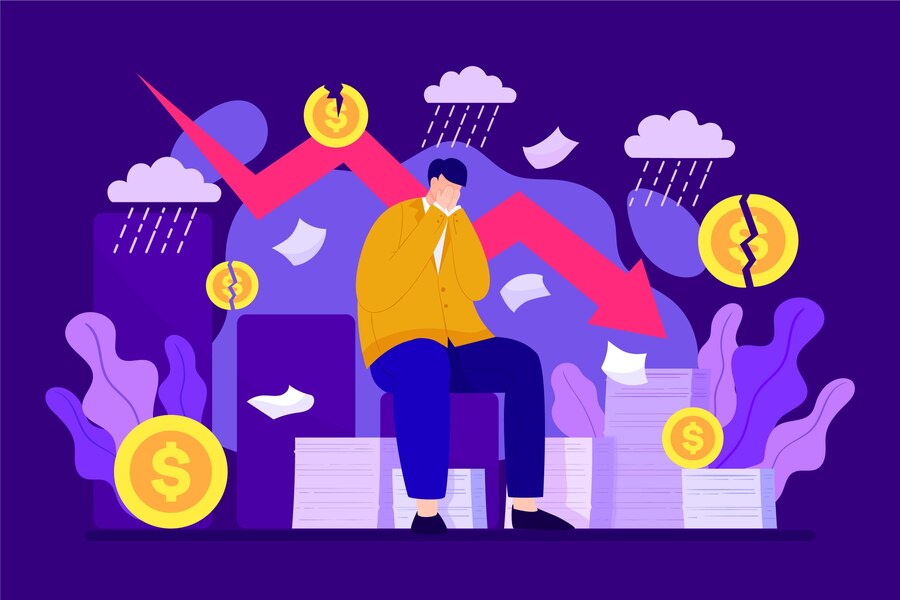In today’s complex financial landscape, many individuals find themselves grappling with the overwhelming burden of loan default, a situation that often leads to a daunting and intricate process of loan settlement. This predicament not only imposes severe financial strain but also triggers significant stress and anxiety. Understanding how to navigate these emotions during such trying times is crucial for maintaining mental well-being and successfully managing the challenges associated with loan default and settlement.
Understanding Loan Default and Settlement
Loan default emerges when borrowers face difficulties in meeting the agreed-upon payments on their loans. It can stem from various unforeseen circumstances, such as sudden job loss, unexpected medical emergencies, or other financial setbacks. The consequences of loan default are extensive and can include severe impacts on credit scores, legal actions from lenders, and the potential loss of pledged collateral or assets. To address these challenges, borrowers often seek the avenue of loan settlement—a negotiation process with lenders to reach an agreement, often involving a lump sum payment less than the total owed, in exchange for resolving the loan.
Coping Strategies for Managing Stress and Anxiety
1. Proactive Communication with Lenders: Initiate open communication with lenders to discuss financial difficulties. Many lenders offer temporary relief options, such as forbearance or loan modification, which can ease the strain during the settlement process.
2. Structured Budgeting: Develop a well-thought-out budget that prioritizes loan payments and identifies areas where expenses can be reduced. An organized budget provides a clearer perspective on managing finances and eases stress associated with uncertainty.
3. Seek Professional Financial Guidance: Engage with non-profit organizations or financial counselors to gain insights into debt management, budgeting strategies, and legal options available during loan settlement. Professional advice can offer clarity and reduce feelings of isolation.
4. Debt Consolidation Consideration: Explore debt consolidation as a viable option, especially for individuals juggling multiple loans with varying interest rates. Consolidating debts simplifies repayment and can potentially reduce monthly payments.
5. Legal Assistance: Seek legal counsel from experts specializing in debt-related issues, especially if facing severe financial hardship or potential legal action. Understanding legal options, including the possibility of bankruptcy, is crucial in navigating the settlement process.
6. Mental Health Support: Prioritize mental well-being by seeking support from therapists or counselors. Addressing the emotional toll of loan default through professional guidance can provide coping mechanisms and emotional relief.
7. Staying Informed: Understanding rights and regulations as a borrower, particularly regarding loan settlement, helps alleviate anxiety and empowers informed decision-making throughout the process.
8. Exploring Additional Income Sources: Consider supplementing income through part-time work or freelancing to bridge financial gaps during the settlement journey.
Conclusion
Navigating the stress and anxiety associated with loan default and settlement is undoubtedly challenging, but it’s essential to recognize that numerous resources and strategies are available to aid in this journey. By adopting proactive communication, seeking professional guidance, managing finances effectively, and prioritizing mental health, individuals can reduce emotional burdens while working towards a successful resolution of their loan default situation. Remember, financial setbacks are temporary, and with the right approach, regaining control of finances and envisioning a brighter financial future through the loan settlement process is indeed attainable.



